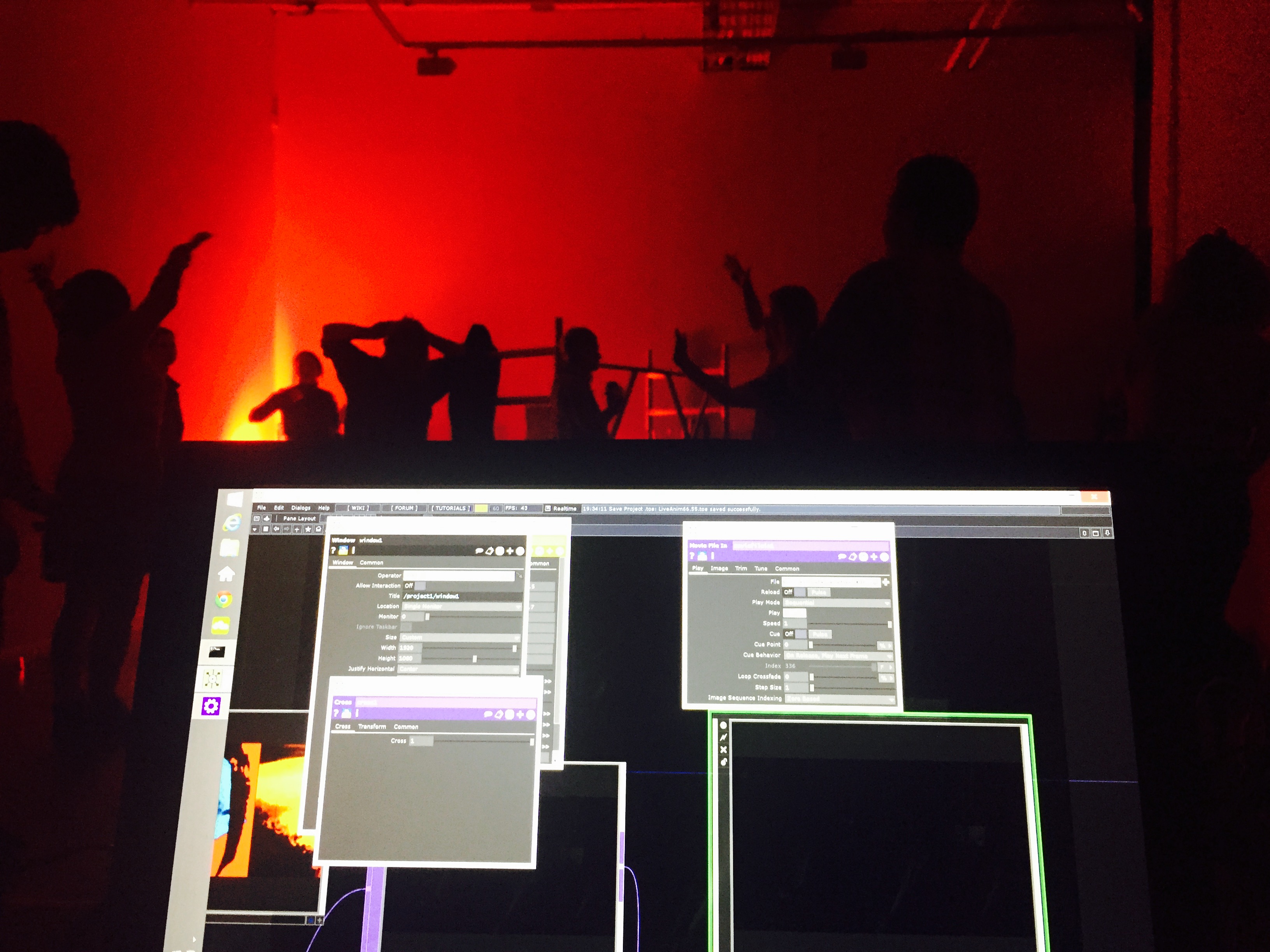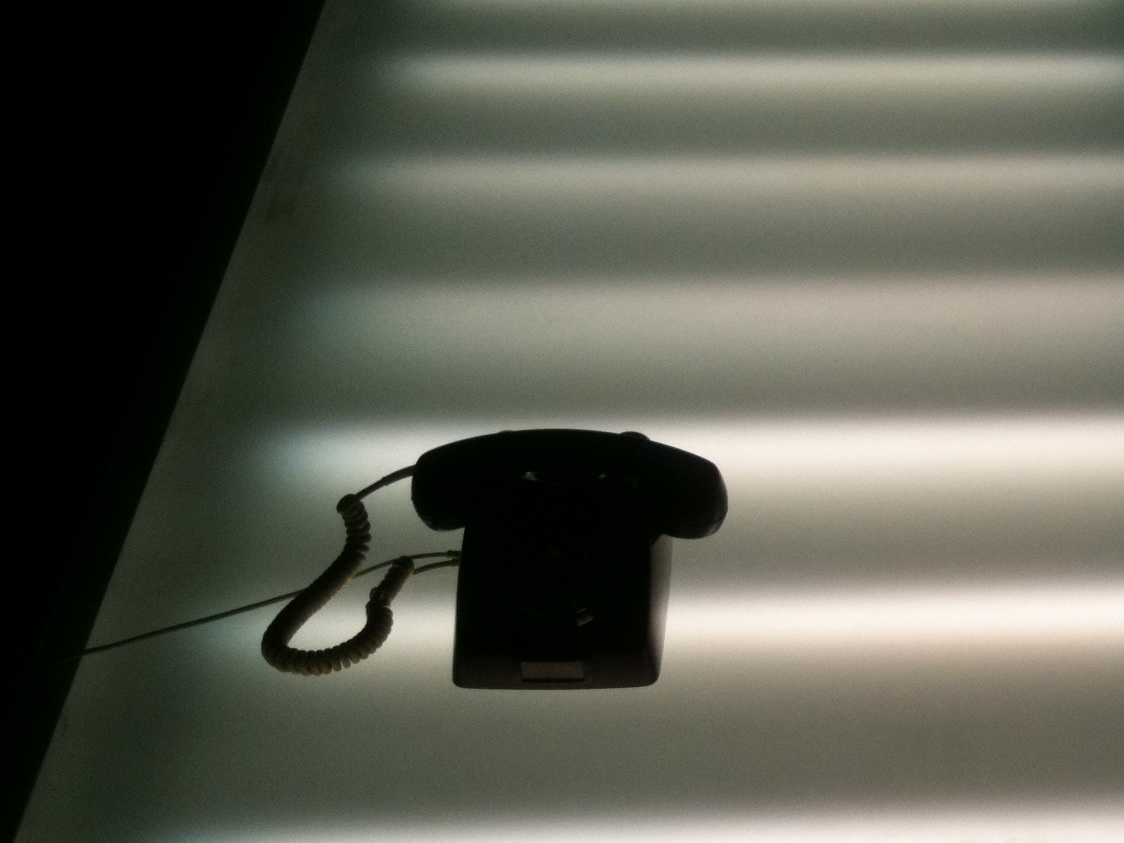These terms and conditions shall apply to your participation in the survey connected to PACESETTERS “Open Call for Advanced and Emerging Practices” (hereinafter “the Survey”), which shall include your completion of the Survey and submission of the completed Survey to the research team of PACESETTERS (hereinafter “the Research team”) via the the research project website PACESETTERS.EU
By participating in the Survey, you agree to the terms and conditions set forth herein.
1. Provision of Information
1.1 You understand that any information you provide in the course of accessing or participating in the Survey is subject to these terms and conditions.
1.2 Participation in the Survey is voluntary and thus you may choose not to provide an answer to any given question of the Survey, except for those questions marked as compulsory. For such questions, failure to respond to these may mean that you are not able to complete the Survey.
1.3 Information provided in response to questions in the Survey will be compiled with information provided by other participants in the Survey (hereinafter “Respondents”) to feed into materials to be developed and made publicly available by the Research team, including on the Research team website and in other publicly available documents or fora, in such a way so that personal data of Respondents are not disclosed. However, name of the entity on behalf of which a Respondent has provided information may be disclosed in such materials, including to identify the entity as the source of specific information which a Respondent has provided in response to questions in the Survey.
1.4 The Research team reserves its right to communicate with you using your contact details as provided by you in accessing or responding to the Survey, including to seek further details on the information you provide in response to questions in the Survey.
1.5 In participating in the Survey, you agree to grant the Research team an irrevocable, perpetual, worldwide and royalty-free license to use the information you provide for the purpose of the development of relevant materials in the conditions specified herein. In particular, you agree to the organization on behalf of which you are responding to be identified and acknowledged as a Respondent and to the disclosure of information provided by you in response to the Survey, as provided in these conditions.
2. Disclaimer of Liability
2.1 The Research team shall not assume responsibility for the information provided by Respondents.
2.2 The Research team reserve its right in its sole discretion, with notice, to: cancel, terminate or modify the Survey in any way at any time; exclude any Respondent from participation in the Survey if it is believed that it does not comply with these terms and conditions; and use the information provided by Respondents for the purpose of developing relevant materials and making them publicly available.
2.3 By participating in the Survey, you accept that the Research team shall not, under any circumstances, be responsible or liable to you for any kind of loss, damage, liability or expense incurred or suffered (including all loss of profit, loss of use, loss of revenue, loss of contracts, increased costs and expenses and all special, indirect and consequential losses) which is claimed to result from your participation in the Survey.
2.4 The Research team shall not make any warranty as to the accuracy or reliability of any information obtained through the Survey or of the Survey’s results.
2.5 The Research team will make its best efforts to protect the confidentiality of Respondents’ private information and personal data, except as otherwise provided in Article 1.3 herein. However, the Research team does not warrant the confidentiality or security of such information in case a breach of confidentiality and/or security occurs.
3. Terms of use of the website of PACESETTERS
3.1 Except as otherwise provided, the terms of use of the website of PACESETTERS.EU shall apply to your access to the Survey in addition to the terms and conditions as stated herein. In the event of any conflict, the terms of use of the website of PACESETTERS.EU shall apply.
4. Modification of these terms and conditions
4.1 The Research team may modify the terms and conditions governing the Survey at any time. Such modifications shall be effective immediately upon notice thereof, which may be given by any means including, but not limited to, posting new terms and conditions on the website of the Research team. Participation in the Survey after such modification shall be deemed to constitute acceptance by you of the terms and conditions existing at that time, including any modifications.


